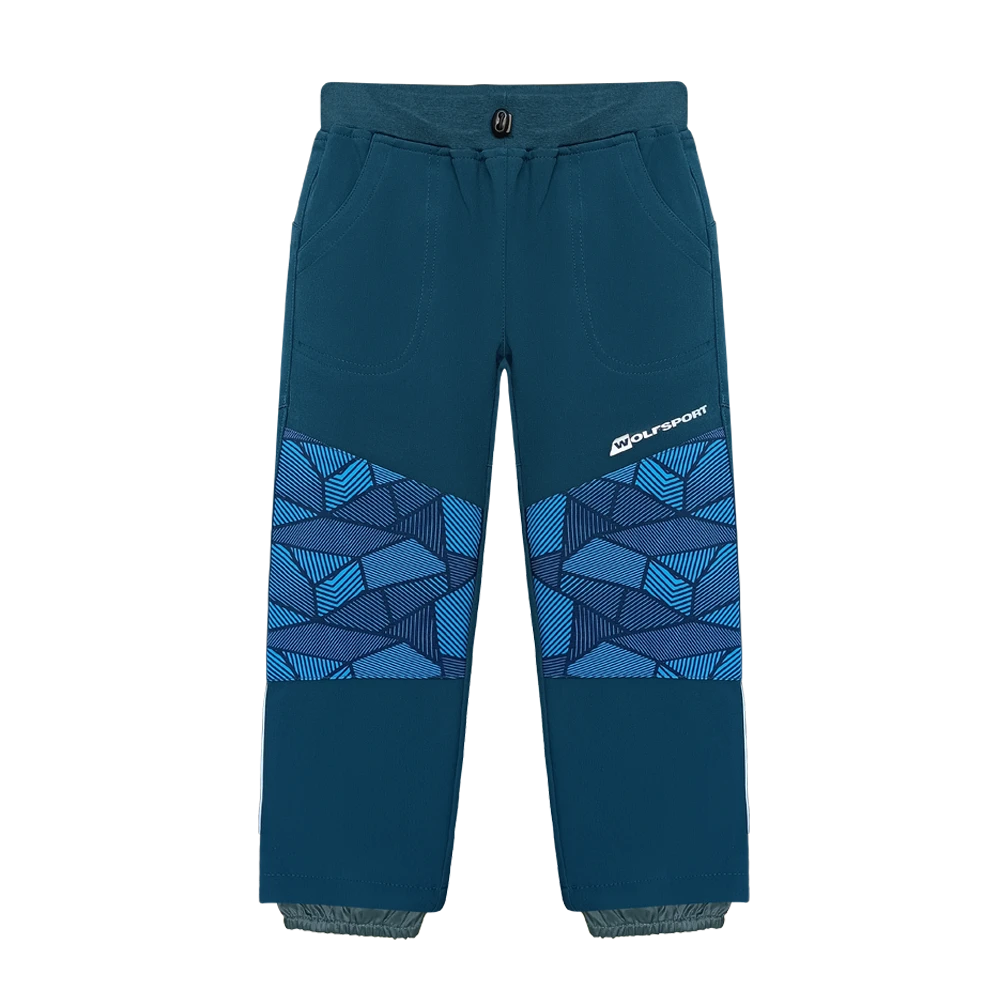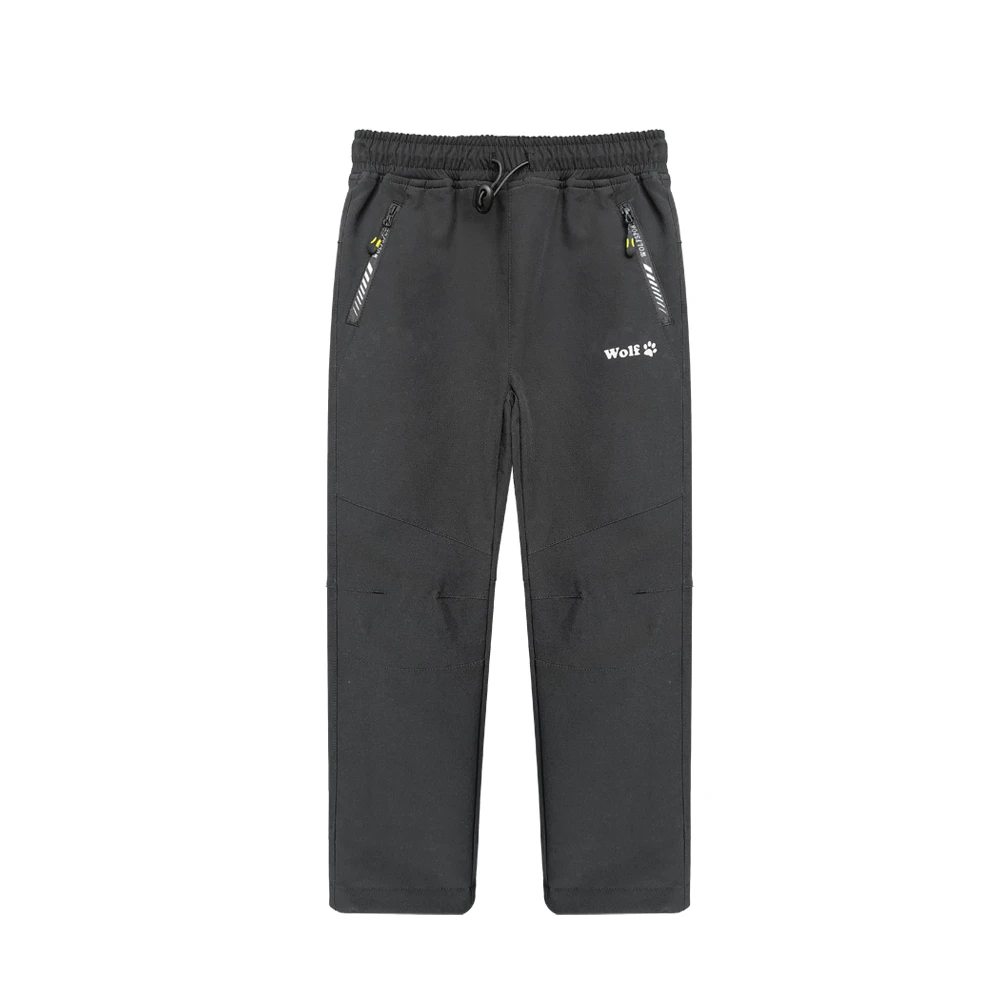Sustainable Workwear A Step Towards Eco-friendly Practices
In recent years, the concept of sustainability has permeated various aspects of our lives, compelling consumers, businesses, and manufacturers to rethink their practices. One surprising yet essential area that has garnered attention is workwear. Traditional work clothing has often been produced using methods that harm the environment, but the rise of sustainable workwear signifies a shift towards more responsible solutions that not only benefit the planet but also the workers who wear them.
Sustainable workwear refers to garments made from eco-friendly materials and produced through ethical practices. This approach takes into account the entire lifecycle of the clothing, from raw material sourcing to manufacturing, distribution, and eventually, disposal. The ultimate goal is to minimize the environmental impact while maximizing social responsibility.
One of the core components of sustainable workwear is the use of organic or recycled materials. Cotton, for example, is one of the most common fabrics used for work clothing. However, conventional cotton farming is notorious for its heavy pesticide and water usage. In contrast, organic cotton is cultivated without harmful chemicals and often requires significantly less water. Moreover, brands are increasingly incorporating recycled materials, such as polyester made from plastic bottles, into their workwear lines. This not only helps reduce waste but also lowers the demand for virgin materials, leading to a smaller carbon footprint.
The manufacturing process of sustainable workwear is equally critical. Ethical production practices ensure that workers are treated fairly, receive adequate pay, and work in safe conditions. Many sustainable brands prioritize transparency in their supply chains, allowing consumers to trace the origin of their garments. This transparency builds trust and empowers customers to make informed decisions about the clothing they purchase.
sustainable workwear

Another significant aspect of sustainable workwear is durability. Traditional work clothing is often designed for short-term use, leading to frequent replacements and increased waste. In contrast, many sustainable brands emphasize creating high-quality garments that can withstand the rigors of various job environments. By investing in durable clothing, companies can save money in the long run and reduce their overall environmental impact. The trend towards buying less, but better promotes the idea that investing in quality pieces makes financial sense while also supporting sustainable practices.
Moreover, some brands are adopting a circular economy approach in their workwear lines. This concept involves designing products with their end-of-life in mind, allowing for easier recycling or repurposing. Some companies offer take-back programs, encouraging customers to return old work clothing so that it can be repaired, recycled, or transformed into new products. This approach not only helps reduce waste but also fosters a culture of sustainability within organizations.
Beyond the environmental appeal, sustainable workwear often aligns with the values of a new generation of employees. Today's workforce is increasingly aware of social and environmental issues, and they seek to align themselves with companies that share those values. By adopting sustainable workwear policies, businesses can enhance their brand image, attract top talent, and foster employee loyalty. Organizations that prioritize sustainability are more likely to resonate with socially conscious consumers, creating a positive feedback loop that benefits all stakeholders.
In conclusion, the shift towards sustainable workwear is part of a larger movement advocating for environmental preservation and ethical labor practices. By choosing eco-friendly materials, upholding ethical manufacturing processes, and promoting durable designs, businesses can significantly reduce their carbon footprint while enhancing their brand reputation. As more companies embrace sustainable workwear, we can collectively take a step toward a more responsible future, benefiting both the planet and the workers who contribute to its progress. In the end, sustainable workwear is not just a trend; it represents a vital investment in our shared world.















